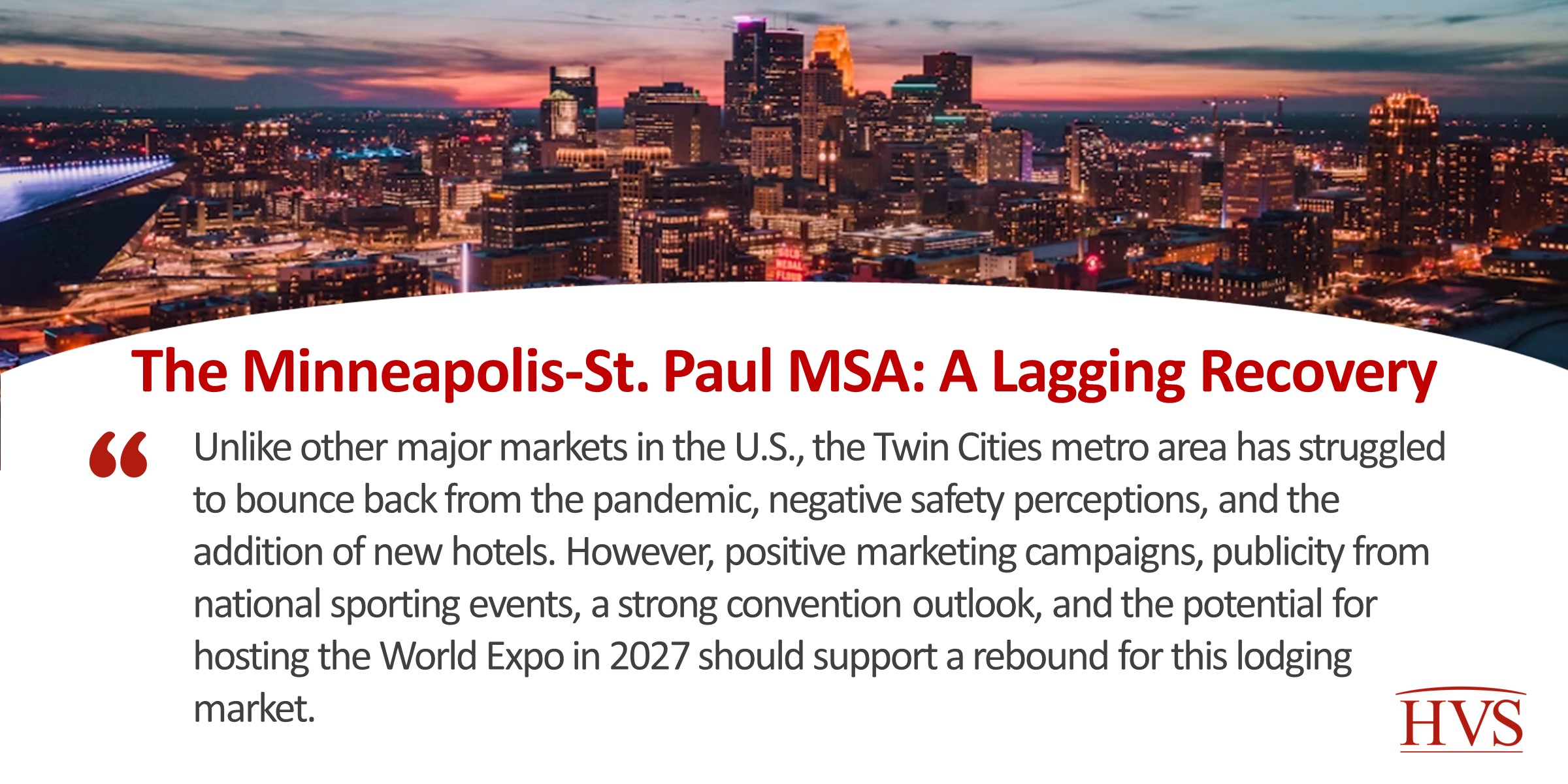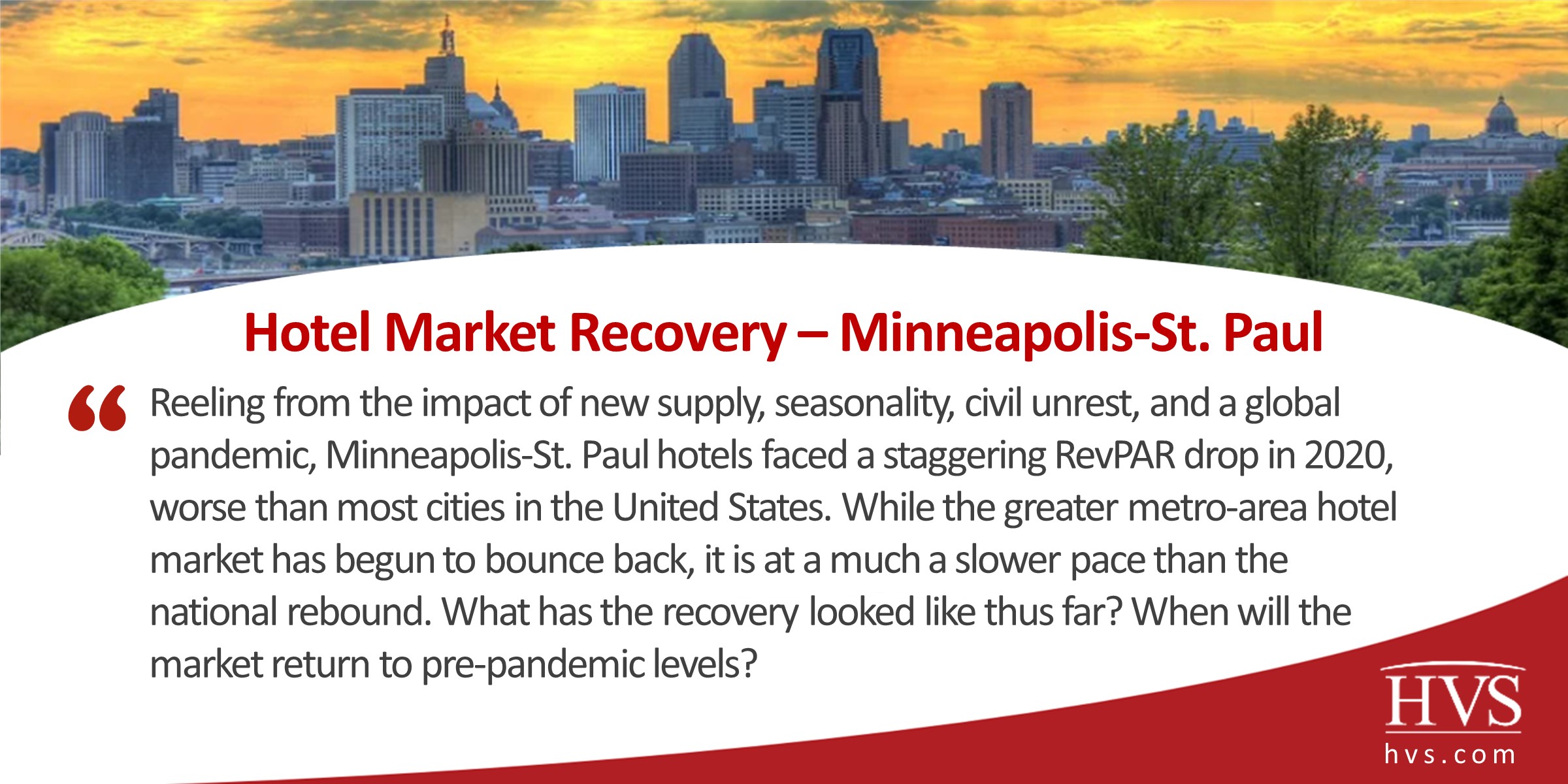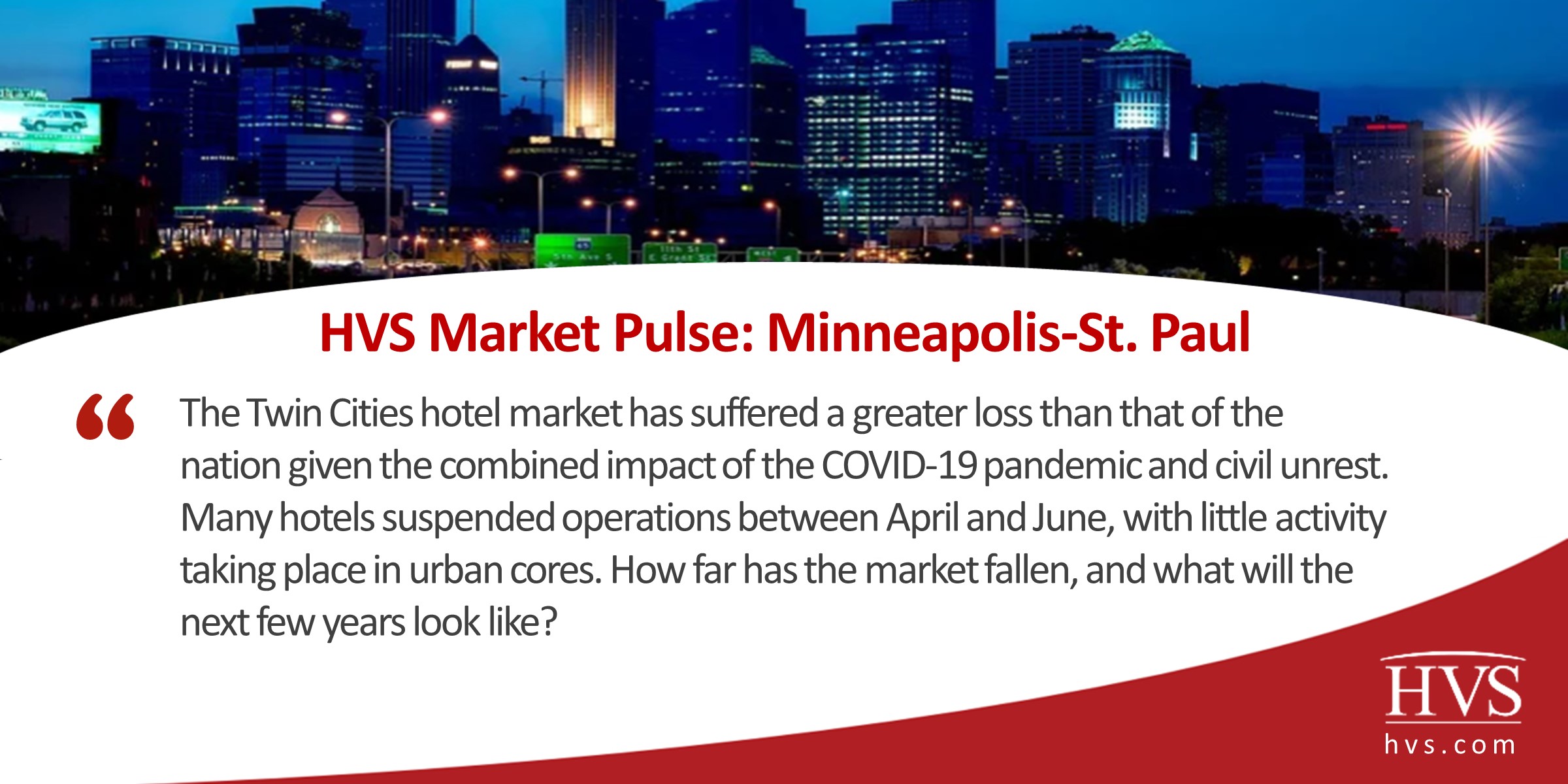Immigration policy is reshaping how hotels find and keep talent. This article explores why U.S. hospitality’s heavy reliance on foreign-born workers makes visa caps, enforcement shifts, and processing delays critical business issues – and shows how forward-thinking operators are diversifying recruitment, strengthening internal pipelines, and building resilience to protect service quality and profitability.
Industry Insights
We have written thousands of articles about all aspects of hospitality, including valuations, investing, lending, operations, asset management, and much more.
Immigration Policy and the Hospitality Workforce: Navigating Labor Challenges with Strategic Resilience
Immigration policy is reshaping how hotels find and keep talent. This article explores why U.S. hospitality’s heavy reliance on foreign-born workers makes visa caps, enforcement shifts, and processing delays critical business issues – and shows how forward-thinking operators are diversifying recruitment, strengthening internal pipelines, and building resilience to protect service quality and profitability.
Minneapolis-St. Paul Hotel Market Moves Toward a New Normal
Hard hit by a multitude of factors during the pandemic, the Twin Cities hotel market has experienced significant fluctuations in supply, demand, and operating performance. Signs of resilience are evident in the year-to-date trends, as the hotel market adjusts to supply changes and a different demand mix.
The Minneapolis-St. Paul MSA: A Lagging Recovery
Unlike other major markets in the U.S., the Twin Cities metro area has struggled to bounce back from the pandemic, negative safety perceptions, and the addition of new hotels. However, positive marketing campaigns, publicity from national sporting events, a strong convention outlook, and the potential for hosting the World Expo in 2027 should support a rebound for this lodging market.
Hotel Market Recovery – Minneapolis-St. Paul
Reeling from the impact of new supply, seasonality, civil unrest, and a global pandemic, Minneapolis-St. Paul hotels faced a staggering RevPAR drop in 2020, worse than most cities in the United States. While the greater metro-area hotel market has begun to bounce back, it is at a much a slower pace than the national rebound. What has the recovery looked like thus far? When will the market return to pre-pandemic levels?
HVS Market Pulse - Minneapolis-St. Paul
The Twin Cities hotel market has suffered a greater loss than that of the nation given the combined impact of the COVID-19 pandemic and civil unrest. Many hotels suspended operations between April and June, with little activity taking place in urban cores. How far has the market fallen, and what will the next few years look like?
HVS Market Pulse: Minneapolis-St. Paul Lodging Market Perceptions
Albeit often not the winter weather, the lower cost of living, numerous leisure and recreational attractions, and the presence of Fortune 500 companies drives the appeal of the Twin Cities. While 2018 was a record year for the metro hospitality market, 2019 was less profitable for many of the roughly 370 hotels in the hub of the nation’s friendliest state.
HVS Market Pulse: Minneapolis - After the Super Bowl
Minneapolis is home to many Fortune 500 companies and more than 11,000 hotel rooms. High quality of life, diversity of employers, and leisure attractions continue to entice demand and an ensuing level of hotel development to the area.
HVS Market Pulse: Rochester, MN – Medicine at the Forefront of Development
Anchored by the Mayo Clinic, Downtown Rochester has experienced a plethora of development attributed to the $5.6-billion Destination Medical Center (DMC) initiative, which is the largest economic development initiative in Minnesota’s history.
In Focus: Minneapolis, MN
Major events and tourism boosted occupancy and average rate in the Twin Cities in 2015. Hotels stand to benefit from increased visitation in the years to come, keeping average rates and property values on the rise.
What Time Is The 3 PM Parade? (Should your hotel have some Mickey Mouse® in it?)
Vicki Richman attended Disney Institute. We have incorporated much of what she learned into our company. Every year we improve our company’s culture and that of our hotels. If the Walt Disney Company is any benchmark, it's clearly worth doing.
Industry Insights
We have written thousands of articles about all aspects of hospitality, including valuations, investing, lending, operations, asset management, and much more.
Hard hit by a multitude of factors during the pandemic, the Twin Cities hotel market has experienced significant fluctuations in supply, demand, and operating performance. Signs of resilience are evident in the year-to-date trends, as the hotel market adjusts to supply changes and a different demand mix.

Unlike other major markets in the U.S., the Twin Cities metro area has struggled to bounce back from the pandemic, negative safety perceptions, and the addition of new hotels. However, positive marketing campaigns, publicity from national sporting events, a strong convention outlook, and the potential for hosting the World Expo in 2027 should support a rebound for this lodging market.

Reeling from the impact of new supply, seasonality, civil unrest, and a global pandemic, Minneapolis-St. Paul hotels faced a staggering RevPAR drop in 2020, worse than most cities in the United States. While the greater metro-area hotel market has begun to bounce back, it is at a much a slower pace than the national rebound. What has the recovery looked like thus far? When will the market return to pre-pandemic levels?

The Twin Cities hotel market has suffered a greater loss than that of the nation given the combined impact of the COVID-19 pandemic and civil unrest. Many hotels suspended operations between April and June, with little activity taking place in urban cores. How far has the market fallen, and what will the next few years look like?
Albeit often not the winter weather, the lower cost of living, numerous leisure and recreational attractions, and the presence of Fortune 500 companies drives the appeal of the Twin Cities. While 2018 was a record year for the metro hospitality market, 2019 was less profitable for many of the roughly 370 hotels in the hub of the nation’s friendliest state.
Minneapolis is home to many Fortune 500 companies and more than 11,000 hotel rooms. High quality of life, diversity of employers, and leisure attractions continue to entice demand and an ensuing level of hotel development to the area.
Anchored by the Mayo Clinic, Downtown Rochester has experienced a plethora of development attributed to the $5.6-billion Destination Medical Center (DMC) initiative, which is the largest economic development initiative in Minnesota’s history.
Major events and tourism boosted occupancy and average rate in the Twin Cities in 2015. Hotels stand to benefit from increased visitation in the years to come, keeping average rates and property values on the rise.
Vicki Richman attended Disney Institute. We have incorporated much of what she learned into our company. Every year we improve our company’s culture and that of our hotels. If the Walt Disney Company is any benchmark, it's clearly worth doing.

Robust demand in urban centers continues to drive Canadian hotel values despite high interest rate environment.